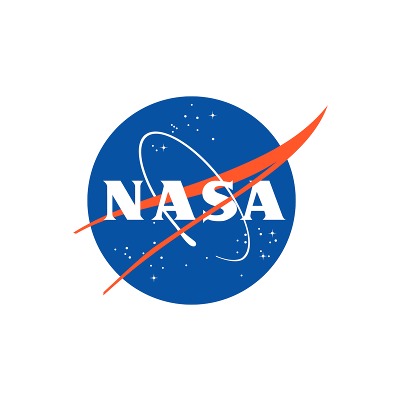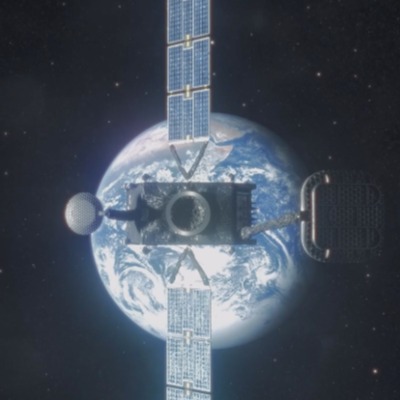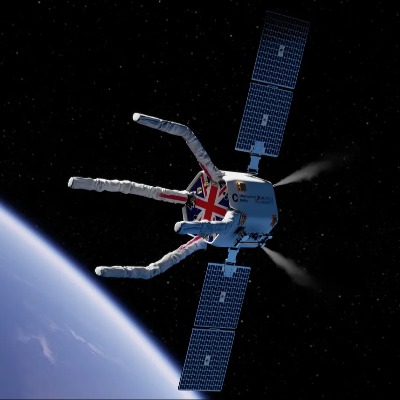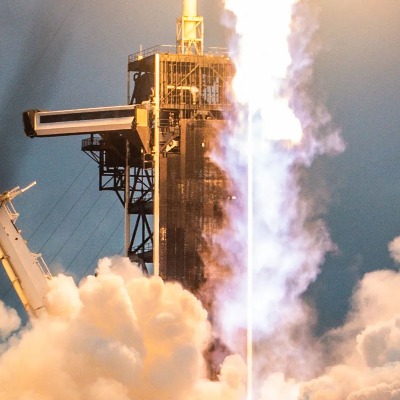Portal Unveils Supernova: A High-Delta-V Spacecraft Poised To Revolutionize Orbital Mobility
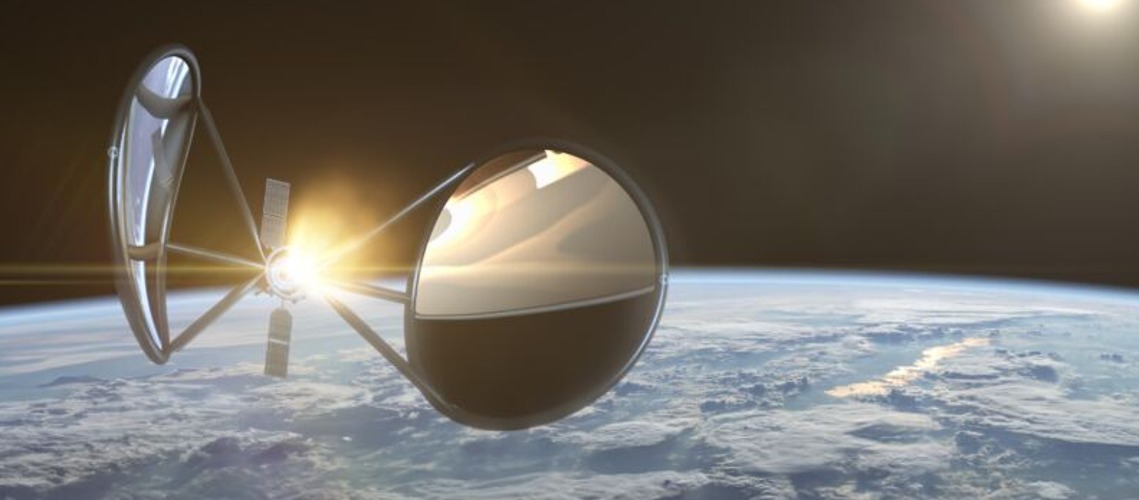
In a move that could disrupt the space industry, Portal Space Systems has unveiled its groundbreaking Supernova spacecraft. This revolutionary vehicle boasts an unmatched delta-v (change in velocity) capability, promising to transform the way we navigate space.
"Supernova represents a paradigm shift in orbital mobility," declared Jeff Thornburg, CEO and founder of Portal Space Systems, at the unveiling ceremony. "Our high-delta-v technology will redefine how we approach satellite servicing, rapid in-space transportation, and even missions beyond Earth's orbit."
Unlike traditional spacecraft with limited maneuvering capabilities, Supernova packs a powerful punch. Thanks to its innovative solar-thermal propulsion system, it boasts a staggering delta-v of 6 kilometers per second (3.7 miles per second). This is a significant leap compared to the usual delta-v of a few hundred meters per second for most spacecraft.
This exceptional agility translates into a range of groundbreaking possibilities. Supernova can transfer satellites between low Earth orbit (LEO) and geosynchronous orbit (GEO) in a matter of hours, a process that currently takes days or even weeks. It can also be used for rapid collision avoidance maneuvers or to service existing satellites in orbit.
"Imagine a satellite on the verge of failure," explains Portal's VP of Engineering, Prashaanth Ravindran. "Supernova can reach it swiftly, perform repairs, and ensure its continued operation. This capability is crucial for maintaining a healthy and functional constellation of satellites in orbit."
The implications extend beyond near-Earth space. Supernova's high delta-v opens doors for missions to the Moon and even Mars. "While Supernova itself might not be designed for lunar or Martian landings," says Thornburg, "it can serve as a highly maneuverable transport vehicle, delivering payloads and personnel efficiently to these destinations."
Portal is currently targeting a late 2025/early 2026 timeframe for the first flight demonstration of Supernova. The successful deployment of this high-delta-v spacecraft is eagerly anticipated by the space industry. If Portal delivers on its promises, Supernova could revolutionize orbital maneuverability, paving the way for a more agile and efficient future in space.
Portal recently secured a lucrative contract with Lunar Resources, a company aiming to mine helium-3 on the Moon. The Peregrine will be tasked with safely delivering mining equipment and personnel to the lunar surface in support of this endeavor. The company has also expressed interest in collaborating with NASA's Artemis program. While details remain undisclosed, Portal representatives have hinted at potential involvement in future lunar lander missions.
However, Portal's journey is not without challenges. The company faces stiff competition from established players like SpaceX and Blue Origin, both of whom boast significant resources and experience. Additionally, securing funding for private lunar ventures remains a hurdle. Despite these challenges, Portal Space Systems is making a name for itself in the ever-evolving space industry. Their focus on innovation, affordability, and accessibility could play a key role in shaping the future of lunar exploration. With successful missions under their belt, Portal aspires to become a prominent player, paving the way for a more collaborative and resource-rich lunar future.

